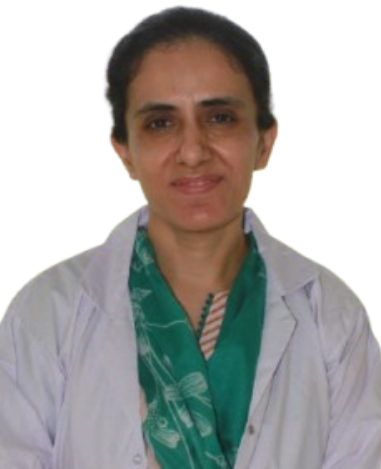From Cells to Systems: Regenerating Organs, Reversing Disease, and Reimagining Life

Overview
Despite significant advances in clinical medicine, millions of patients worldwide still suffer from irreversible tissue damage, organ failure, and chronic degenerative diseases for which conventional treatments offer only palliative care. The limited availability of donor organs and the lifelong risks of immunosuppression further burden healthcare systems and patients alike. There is an urgent need for transformative biomedical solutions that not only manage symptoms but restore function at a cellular and organ level.
This thought-provoking panel will explore the transformative power of Regenerative Medicine — from the cellular level to complete organ systems. As scientific frontiers rapidly expand in stem cell therapy, tissue engineering, 3D bioprinting, and cellular reprogramming, the vision of repairing, regenerating, and even replacing damaged tissues and organs is becoming a clinical reality.
Key Discussion Points:
- The evolution of regenerative medicine: from cell therapy to engineered tissues and whole-organ regeneration.
- How stem cells, gene editing, and biomaterials are converging to treat previously incurable diseases.
- Ethical, regulatory, and scalability challenges in translating lab breakthroughs to clinical application.
- The role of AI, robotics, and 3D bioprinting in personalized regenerative solutions.
- Implications for healthcare systems, insurance, and patient access—what will it take to make regenerative medicine mainstream?
Panelists

Dr. Azra Mehmood
MBBS, MSc Health Economics, PhD Public Health
She a dedicated public health expert and researcher with over 15 years of experience in academia, program design, and health systems strengthening. She holds a PhD in Public Health and an MSc in Health Economics, and has contributed extensively to maternal and child health, reproductive health, and health policy research. Dr. Azra has served in various leadership and teaching roles, and her work spans collaborations with international development partners, universities, and government institutions. Her core strengths lie in research methodology, monitoring & evaluation, evidence-based policy planning, and capacity building in public health.

